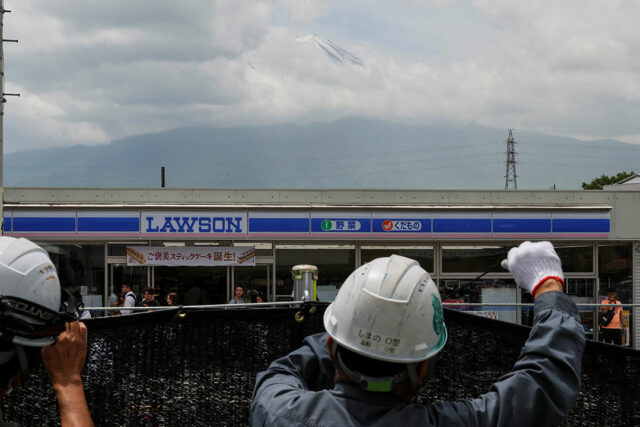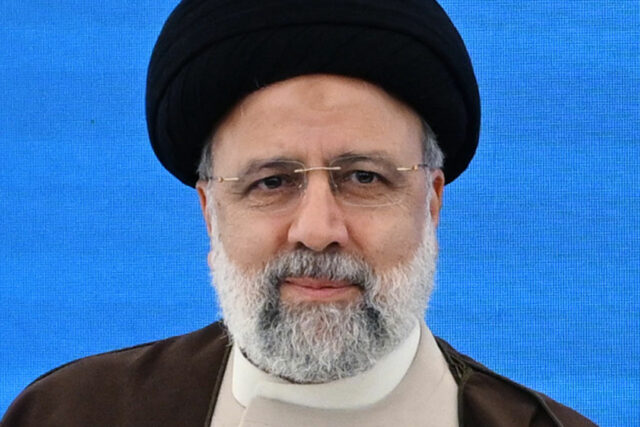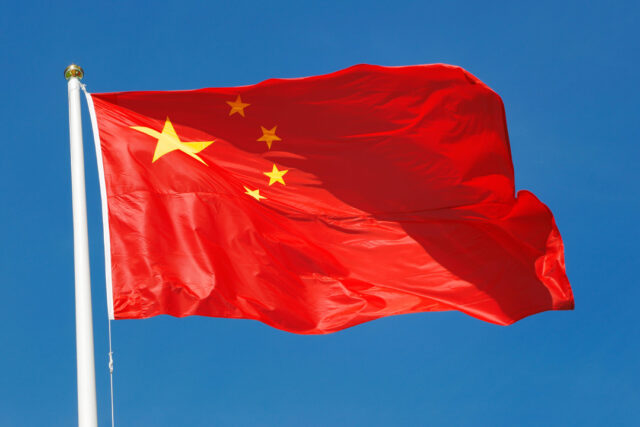DUBAI — Iranian President Ebrahim Raisi’s death in a helicopter crash upsets the plans of hardliners who wanted him to succeed Supreme Leader Ayatollah Ali Khamenei and will stir rivalries in their camp over who will take over the Islamic Republic when he dies.
A protege of Mr. Khamenei who rose through the ranks of Iran’s theocracy, Mr. Raisi, 63, was widely seen as a leading candidate to take over from the 85-year-old Supreme Leader — though it was far from being a foregone conclusion in Iran’s opaque politics.
His rise to the presidency was part of a consolidation of power in the hands of hardliners dedicated to shoring up the pillars of the Islamic Republic against the risks posed by dissent at home and powerful enemies in a turbulent region.
Mr. Raisi had enjoyed staunch backing from Mr. Khamenei, who had himself held the position of president before he became Supreme Leader in 1989 following the death of the Islamic Republic’s founder, Ayatollah Ruhollah Khomeini.
The Supreme Leader holds ultimate power in Iran, acting as commander-in-chief of the armed forces and deciding on the direction of foreign policy, defined largely by confrontation with the United States and Israel.
While Mr. Khamenei has not endorsed a successor, Iran watchers say Mr. Raisi was one of the two names most often mentioned, the second being Mr. Khamenei’s second son, Mojtaba, who is widely believed to wield influence behind the scenes.
Mr. Raisi, backed by a group that wanted to see him become Supreme Leader, clearly wanted the role, said Vali Nasr, professor of Middle East Studies and International Affairs at John Hopkins School of Advanced International Studies.
“Now they don’t have a candidate, and that opens the door for other factions or other figures to emerge as serious contenders,” he said.
For Mr. Raisi, a mid-ranking Shi’ite cleric, the presidency had been a vehicle to reach the supreme leadership. “There’s no other candidate right now (with) that kind of a platform and that’s why the presidential elections in Iran, however they unfold, will be the first decider about what comes next,” Mr. Nasr said.
‘BLOW TO THE ESTABLISHMENT’
Raisi’s views echoed Khamenei’s on every major topic and he enacted the leader’s policies aimed at entrenching clerical power, cracking down on opponents, and adopting a tough line on foreign policy issues such as the nuclear talks with Washington, two Iranian insiders said.
The hardliners maintained their grip in a parliamentary election held in March, but turnout sunk to the lowest level since the revolution.
Critics saw this as reflecting a crisis of legitimacy for the clerical elite, amid mounting economic struggles and dissent among Iranians chafing at the social and political restrictions which drove months of protests ignited by the death of a young woman arrested by the morality police in 2022.
Though his name has often been cited, doubts have swirled over the possible candidacy of Mojtaba, a mid-ranking cleric who teaches theology at a religious seminary in the Shi’ite holy city of Qom.
Mr. Khamenei has indicated opposition to his son’s candidacy because he does not want to see any slide back towards a system of hereditary rule in a country where the US-backed monarchy was overthrown in 1979, an Iranian source close to Mr. Khamenei’s office said.
A regional source familiar with the thinking in Tehran said Khamenei’s opposition to hereditary rule would eliminate both Mojtaba and Ali Khomeini, a grandson of the Islamic Republic’s founder who is based in Najaf, Iraq.
A former Iranian official said powerful actors including the Revolutionary Guards and influential clerics in Qom are now expected to step up efforts to shape the process by which the next supreme leader is picked.
“Raisi’s death is a blow to the establishment that has no other candidate now,” the official said, adding that while it was believed Raisi had been groomed to succeed Khamenei, nobody knew for sure what Khamenei’s intentions were.
UNCERTAINTY IN THE SUCCESSION
Khamenei had not been a clear favourite for the role in 1989 and only emerged after backroom dealings among the clerical elite.
Under Iran’s constitution, the Supreme Leader is appointed by the Assembly of Experts, an 88-member clerical body that supervises and in theory can sack the Supreme Leader.
While the Assembly is chosen in an election, another hardline watchdog body comprising clerics and jurists aligned to Khamenei has the power to veto laws and decide who may stand.
Two sources familiar with the matter said the Assembly of Experts had taken Raisi off a list of potential successors some six months ago because of his sagging popularity, reflecting economic hardship caused by U.S. sanctions and mismanagement.
One of the sources said intensive lobbying had been underway by influential, pro-Raisi clerics to get his name reinstated.
Ali Vaez, Iran project director at the International Crisis Group, said that “none but a handful at the top likely know how much of the Raisi-as-heir narrative had a basis in reality”.
“But if this was the plan, Raisi’s death introduces great uncertainty in the succession,” he said.
Alex Vatanka, director of the Iran Program at the Middle East Institute in Washington, said many viewed Khamenei’s role in promoting Raisi as a sign that he wanted him as successor.
His death “could result in internal infighting in (the) regime unlike anything we have seen since the early 1980s”, he said. — Reuters












